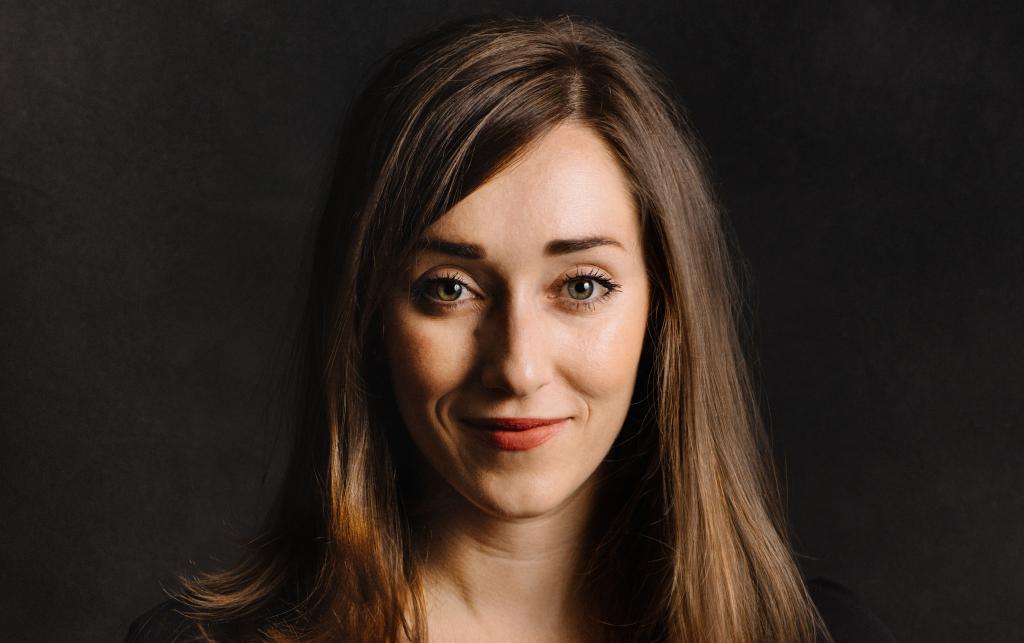Grace Ballor is a Max Weber Fellow in History and Civilisation at the European University Institute, currently a Research Fellow at the International History Department at the Graduate Institute. Dr. Ballor is an international economic historian, focusing on European integration, economic globalisation and capitalism. She earned her Ph.D. in History from the University of California, Los Angeles (UCLA) in 2018. She has published on US-EU-Russia trade, on trans-Atlantic economic relations in the post-war period, and on the political influence of multinational corporations. Her current book project investigates the relationship of business to the process of European integration.
What is your research focused on?
As an international economic historian, I have focused my scholarship on the historical intersections of business and politics in modern Europe, particularly within the contexts of twentieth century economic globalisation and regional market integration. My doctoral dissertation, which I completed at the University of California, Los Angeles, examined the ways European multinational corporations related to the process of regional integration from its early beginnings in the 1950s to the formation of the European Union in the 1990s. Drawing evidence from corporate and institution archives in seven countries as well as interviews I conducted with executives and policymakers, I found that global competition – first with American and then with Japanese firms – motivated European investment banks, automakers and food retailers to reorient both their political activities and their business strategies around the European Community, which offered them the large consumer market and cheap labour they needed to compete. The monograph I am completing now from the Graduate Institute builds on this dissertation research to reconstruct the history of the Single Market through the lens of business. By analysing the ways big business and foreign competition helped transform the customs union created by the Treaty of Rome in 1957 into the Single Market ‘completed’ in 1992, my book challenges the political narratives that dominate EU scholarship and contributes a new economic and global dimension to the history of European integration.
Attention to the international intersections of business and politics has informed my research and writing beyond my dissertation and first book project as well. My article publications include a co-authored comparative analysis of American and European aerospace trade with Russia published in the Stanford US-Russia Forum Journal in 2017, a business history of post-war transatlantic economic relations published in Relations Internationales (in French) in 2019, and a co-authored piece reconceptualising the role of multinational corporations in the context of international trade forthcoming in Business and Politics. I also have several articles under review, including an assessment of the historical influence of European automakers on EC trade policy with Japan, a history of standardisation in the European auto industry, and two pieces on the cultivation of European identity by businesses in the second half of the twentieth century.
What brought you to the Department of International History at the Graduate Institute?
First, the Graduate Institute is an exceptional institution, distinctive in the way it fosters connections between scholarship and policymaking, academia and international organisations. The Department of International History certainly reflects these larger strengths of the institute, and also – because of the rich diversity of expertise among its members – is quite unique in its truly global approach to contemporary history. When the European University Institute partnered with the Graduate Institute to offer a joint postdoctoral fellowship, I knew immediately that the Department of International History at IHEID would challenge me to think more globally, more comparatively, more critically, and would thus be the ideal setting in which to advance my research. And it certainly has been. Through conversations with colleagues and participation in seminars and events like the International History Forum, my time in the department has helped me to expand the spatial and thematic scope of my work, deepening my inquiry and making me a better historian.
What are your next projects?
My next monograph, certainly informed by my time at the Graduate Institute, will examine the social dimensions of corporate capitalism in modern Europe. Motivated by questions about how the changing relationship between business and politics has shaped the lived experience of Europeans, my book will offer a transnational analysis of the social programs implemented by private companies, often long before the creation of similar public initiatives. This research explores large economic, political, and social transformations and highlights the differences in labour practices and employee welfare across national contexts. I will work to answer questions about the impetus behind private and public social programs and how they differed in their implementations and outcomes. Thus far in my archival research, I am paying particular attention to the way these programs evolved in light of the emergent welfare state on the one hand and the rise of transnational governance on the other.


